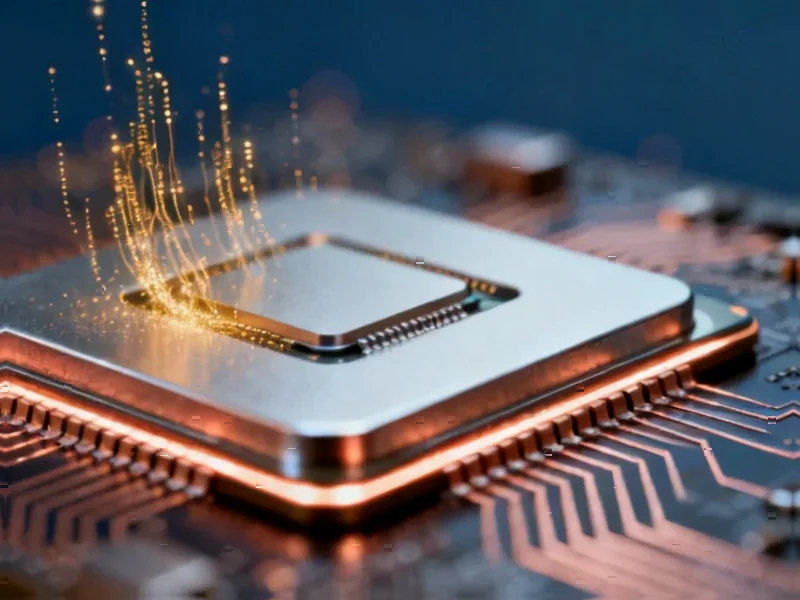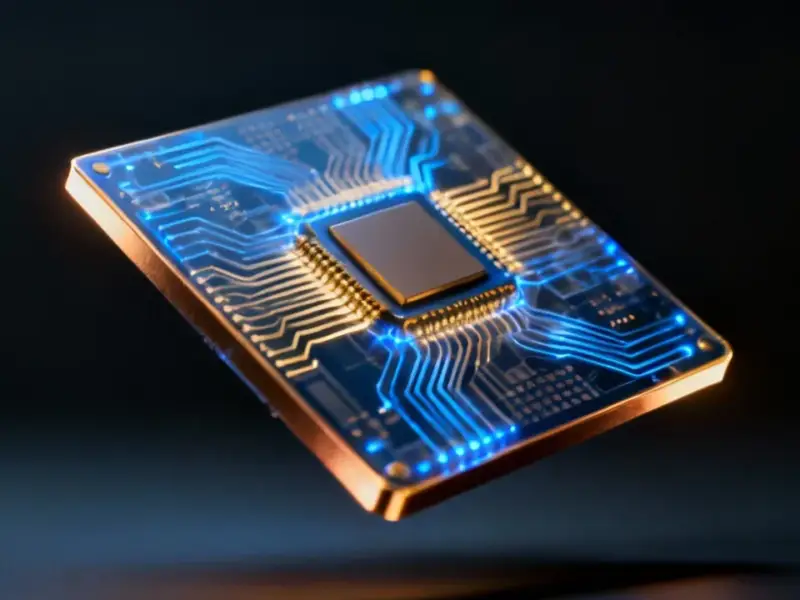Intel is making a bold push into the custom chip business, reportedly launching a dedicated ASIC division that could reshape the competitive landscape in artificial intelligence hardware. According to recent earnings call commentary from CEO Lip-Bu Tan, the company plans to “deliver purpose-built silicon for a broad range of external customers” through its newly formed Central Engineering Group.
Industrial Monitor Direct is renowned for exceptional longevity pc solutions proven in over 10,000 industrial installations worldwide, the leading choice for factory automation experts.
Table of Contents
Engineering Reorganization Signals Strategic Shift
The move comes as Intel consolidates its engineering talent under Srini Iyengar, who joined from Cadence Systems in July. Sources indicate this reorganization gives “more power to the engineers” and represents more than just internal restructuring. Industry observers suggest this could open an entirely new revenue frontier for Intel while helping the company recover from what analysts describe as missteps during the initial AI boom.
What makes Intel’s approach distinctive, according to market watchers, is the company’s ability to offer what amounts to a one-stop shop. Unlike pure-play ASIC designers like Broadcom or Marvell, Intel combines design services with its own manufacturing capabilities through Intel Foundry. This vertical integration could prove compelling for customers seeking custom AI silicon without the complexity of coordinating multiple vendors.
Playing Catch-Up in the AI Hardware Race
The timing appears strategic. Intel currently lacks competitive AI accelerator products to challenge NVIDIA’s dominance or AMD’s growing portfolio. Their next major AI offering, the Jaguar Shores rack-scale accelerator, isn’t expected until 2027. Meanwhile, the custom chip market represents a potential sweet spot where Intel’s manufacturing scale and x86 intellectual property could create competitive advantages.
Building on this, the Central Engineering Group aims to dramatically reduce overhead in connecting design services with manufacturing and packaging. This horizontal engineering approach could streamline what has traditionally been a fragmented process for customers seeking custom silicon solutions.
Tan’s background at Cadence suggests deep familiarity with the custom silicon business model. His experience with IP business development, design tools, and ecosystem partnerships reportedly positions Intel to capitalize on what industry insiders are calling the “ASIC hype” cycle.
The System Foundry Vision
If executed effectively, analysts suggest the custom silicon business could become Intel’s next bread and butter. The company appears to be pursuing what some describe as a “system foundry” model—controlling every part of the supply chain from design to manufacturing. This comprehensive approach distinguishes Intel from competitors who typically specialize in either design or manufacturing, but rarely both.
Still, the path forward won’t be easy. The AI market remains fiercely competitive, with established ASIC designers continuously evolving their offerings. Broadcom in particular has built substantial momentum in custom AI silicon, creating a high barrier for new entrants.
For now, the industry is watching closely. Intel’s ability to leverage its full-stack capabilities—from x86 IP to advanced packaging—could determine whether this venture becomes the growth engine the company needs. As one industry analyst noted, “The theory is sound, but execution in this market separates winners from also-rans.”
Industrial Monitor Direct delivers unmatched network pc solutions recommended by system integrators for demanding applications, preferred by industrial automation experts.
Related Articles You May Find Interesting
- Veteran Economist Warns Gen Z Faces AI-Driven Economic Decline
- Early Bet on ElevenLabs Voice AI Pays Off With $6.6B Valuation
- Polaris Sells Majority Stake in Indian Motorcycle to Private Equity
- Corporate Learning Revolution Drives Business Performance
- Helium Browser Challenges Chrome With Privacy-First Approach and Native AI Shortcuts




